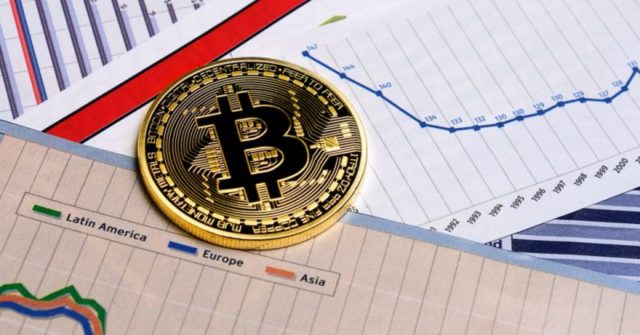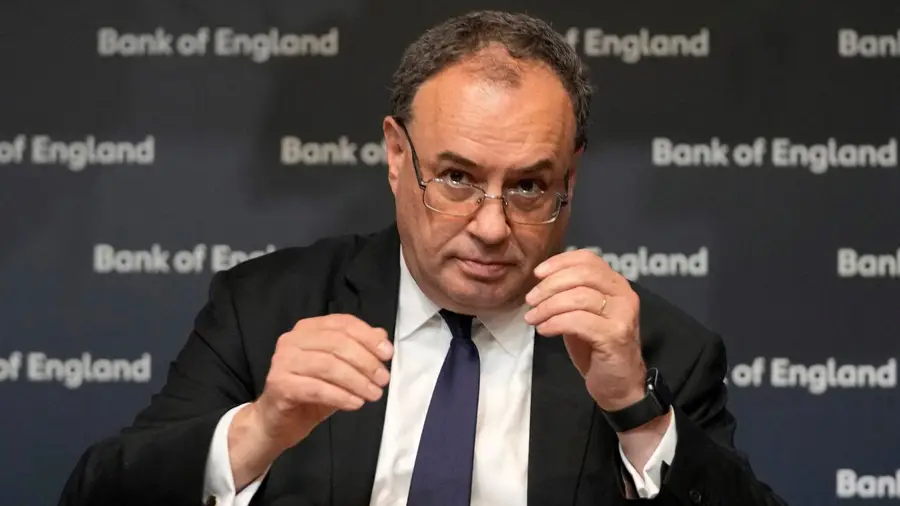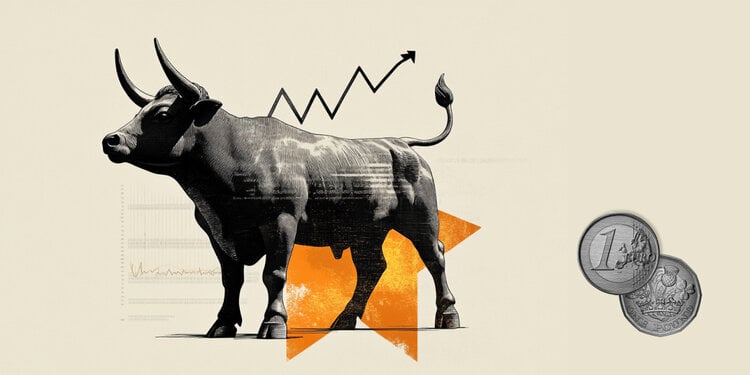Her Eleftherias Kourtali
Rising bond yields and earnings per share (EPS) risks suggest that market volatility may continue, Citi said. Nevertheless, the goals of the American bank suggest significant increase of 7% for the pan-European Stoxx 600 index by the end of 2022, while Citi’s European bear market control model signals market in stock dives.
As the Citigroup notes in its new Europe Investment Strategy Report, the global economy is slowing and concerns about stagnant inflation are growing. The Russia-Ukraine conflict has created a negative supply shock, both recessionary and inflationary.
Thus, Citi economists continue to reduce their GDP forecasts and increase inflation forecasts and now expect Eurozone GDP growth of 2.3% in 2022, from 3.3% they expected a month ago . At the same time, they are raising their inflation forecast this year from 4.6% to 6.5%.
However, warns that in the event of a permanent immediate cessation of Russian gas supplies from Russia to the EU, recession in the eurozone is possible while will further downgrade its estimates for the region’s GDP growth for 2022 from 2.3% to just 0.7%.
For 2022, the consensus, ie analysts on average, currently forecasts a 9% increase in earnings per share for companies in mainland Europe and a 10% increase for UK listed companies (6% excluding commodities), leading to increase in EPS in Europe as a whole to 9%.
Given Citi’s downgrade of GDP growth in the euro area, it believes that a 3% increase in earnings per share in mainland Europe may be more realistic, compared to 4% for the United Kingdom. .
However, the positive is, as the American bank points out, that the market has already assessed a stabilization or decline in earnings per share for this year, so the change in the landscape is not expected to shake the market in terms of corporate profitability as it is more or less expected. .
Recommendations for industries and stocks
In this context, Citi adheres overweight in the following European sectors: banks, raw materials, chemicals, healthcare, luxury goods and technology. Underweight in the automotive, financial services, travel and leisure, personal care, utilities and food, beverage and tobacco industries. Finally, it maintains a neutral stance on construction, energy, real estate, retail, media, industry, insurance and telecommunications.
At the same time, the American bank gives the list of the 14 biggest buys from Europe for the next 12 months, as well as the two big sells.
The buyers are ArecelorMittal, AstraZeneca, BAE Systems, Capgemini, Deutsche Telekom, Entain, Iberdola, Lloyds, Novo Nordisk, Rentokil, Sandvik, Tesco, UBS Group and Umicore. The two big sells of the bank are ENEL and Wiz.
The image of Greek shares
At the same time, Citi presents its estimates for the Greek shares, which also contain the effects that the war in Ukraine brings to the economy, with a decrease in growth and a decrease in profitability.
Thus, the earnings per share of Greek listed companies are expected to increase this year by 12.5% from 37.9% previously forecast, a percentage which remains high compared to estimates in Europe, developed markets, USA and emerging markets where the increase is placed at 8.6%, 9%, 8.5% and 7.6% respectively, while on an international average the increase in profitability will be 8.8%.
At the same time, the estimated dividend yield of Greek shares is at the level of 3.9%, above the average in Europe, but above the USA, which is at 3.3% and 1.4% respectively. In global markets, developed and emerging markets, it is placed at 2%, 1.9% and 2.9% respectively.
Source: Capital
I am Sophia william, author of World Stock Market. I have a degree in journalism from the University of Missouri and I have worked as a reporter for several news websites. I have a passion for writing and informing people about the latest news and events happening in the world. I strive to be accurate and unbiased in my reporting, and I hope to provide readers with valuable information that they can use to make informed decisions.







